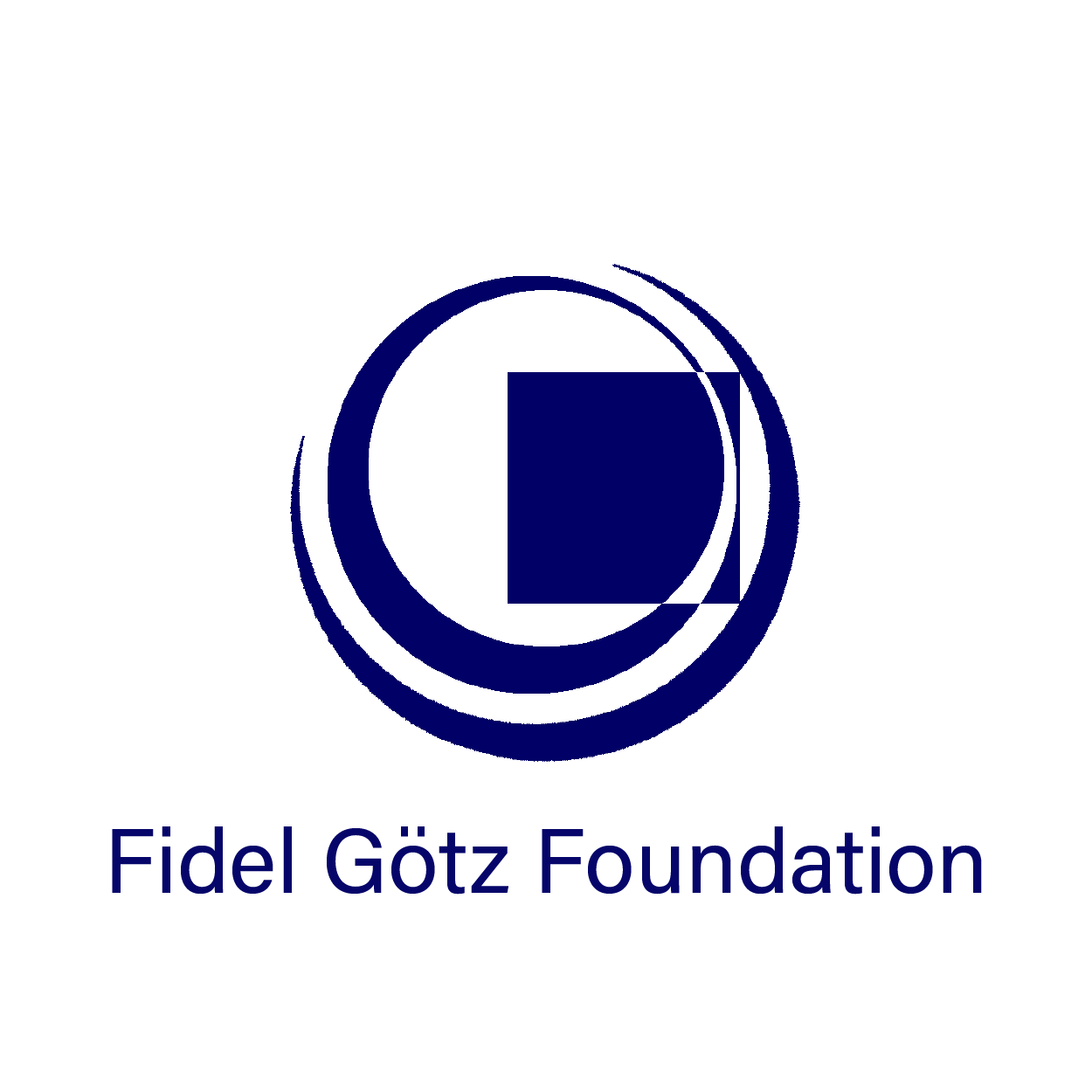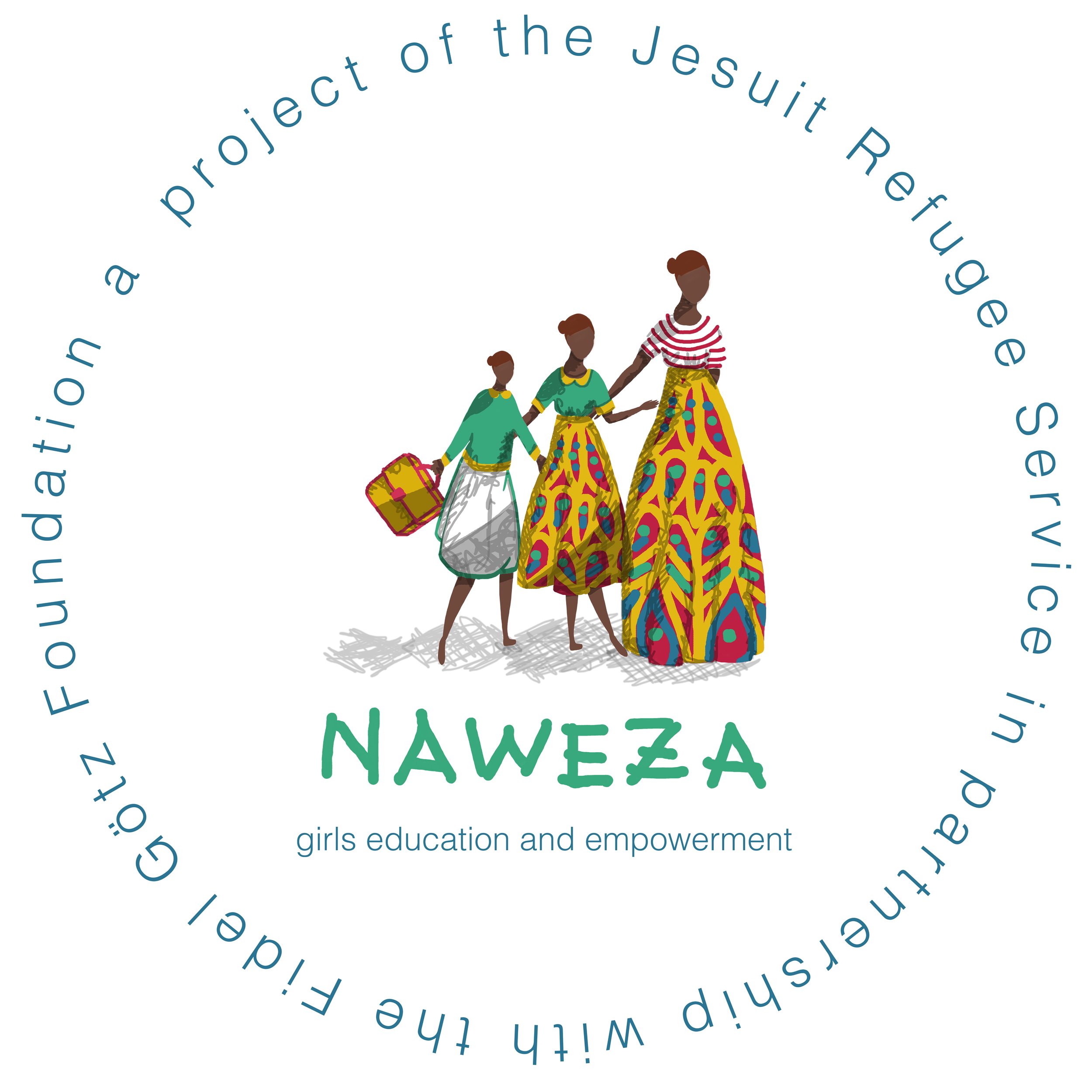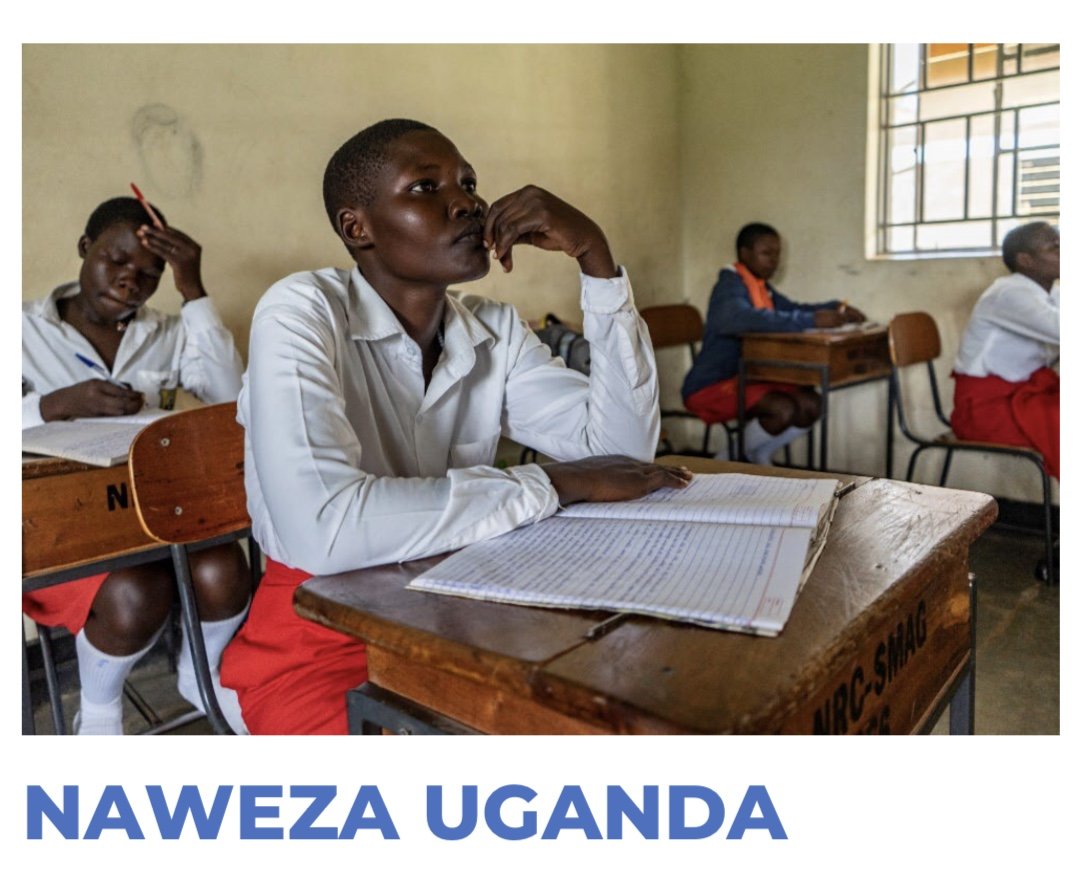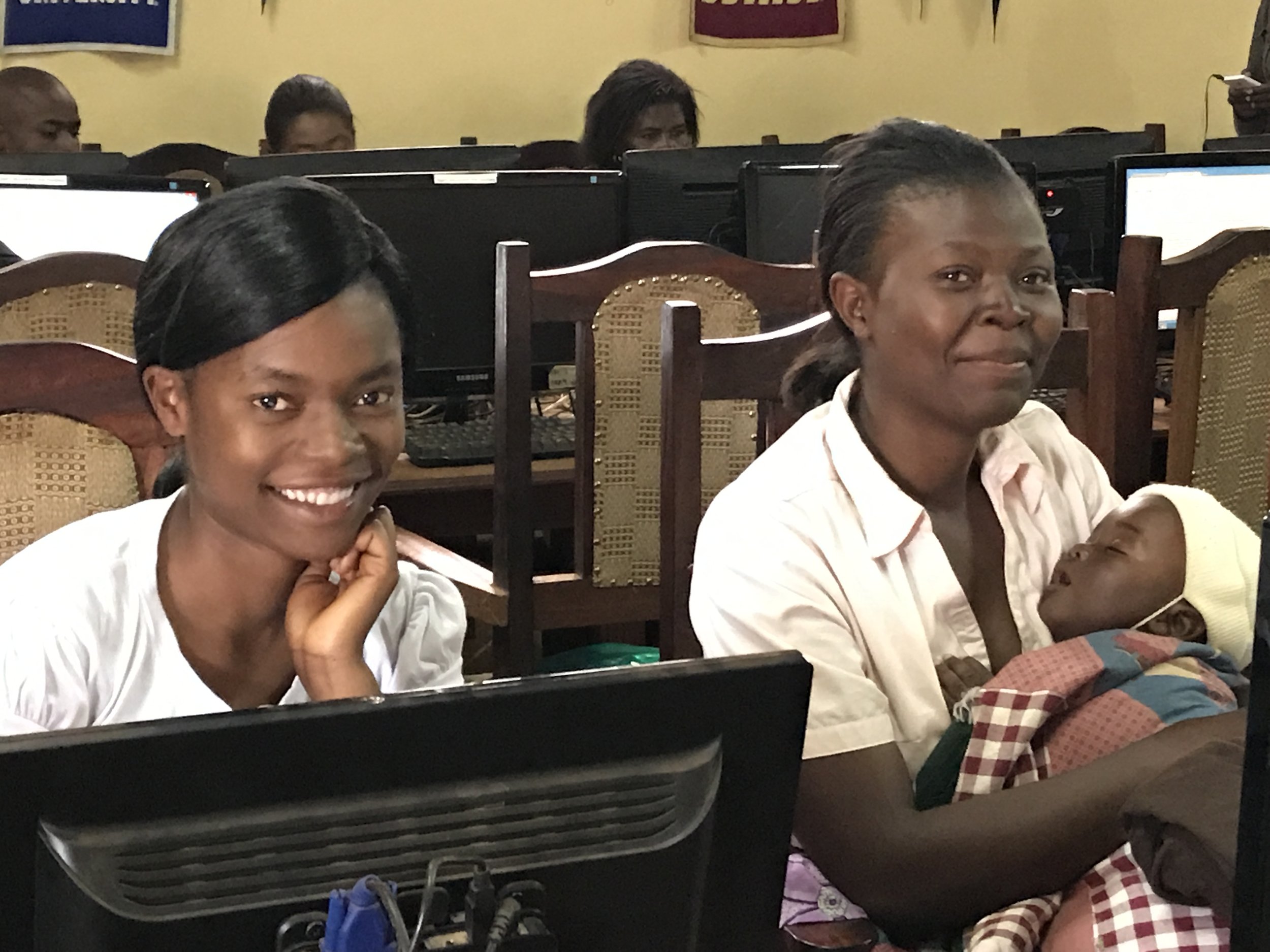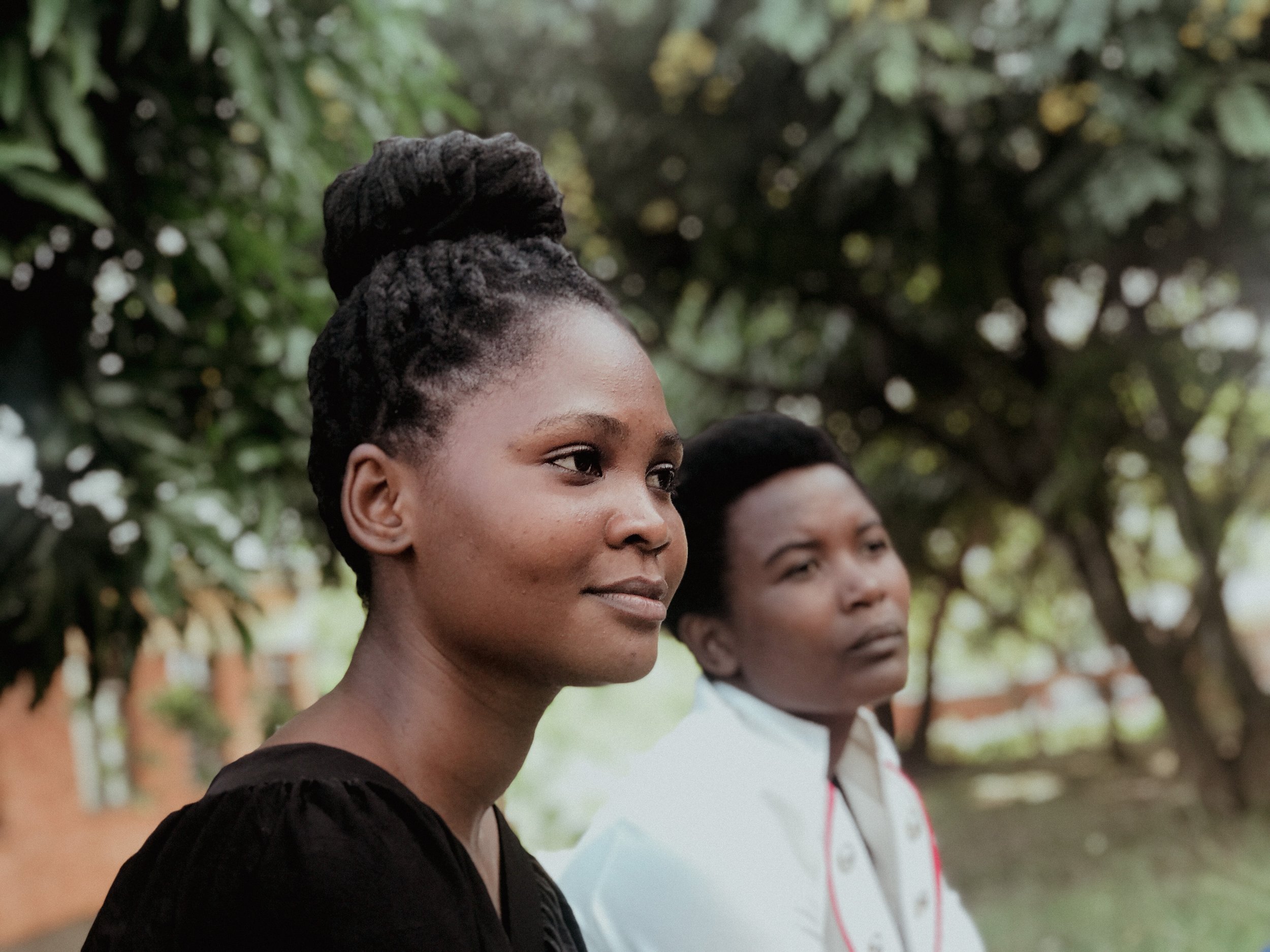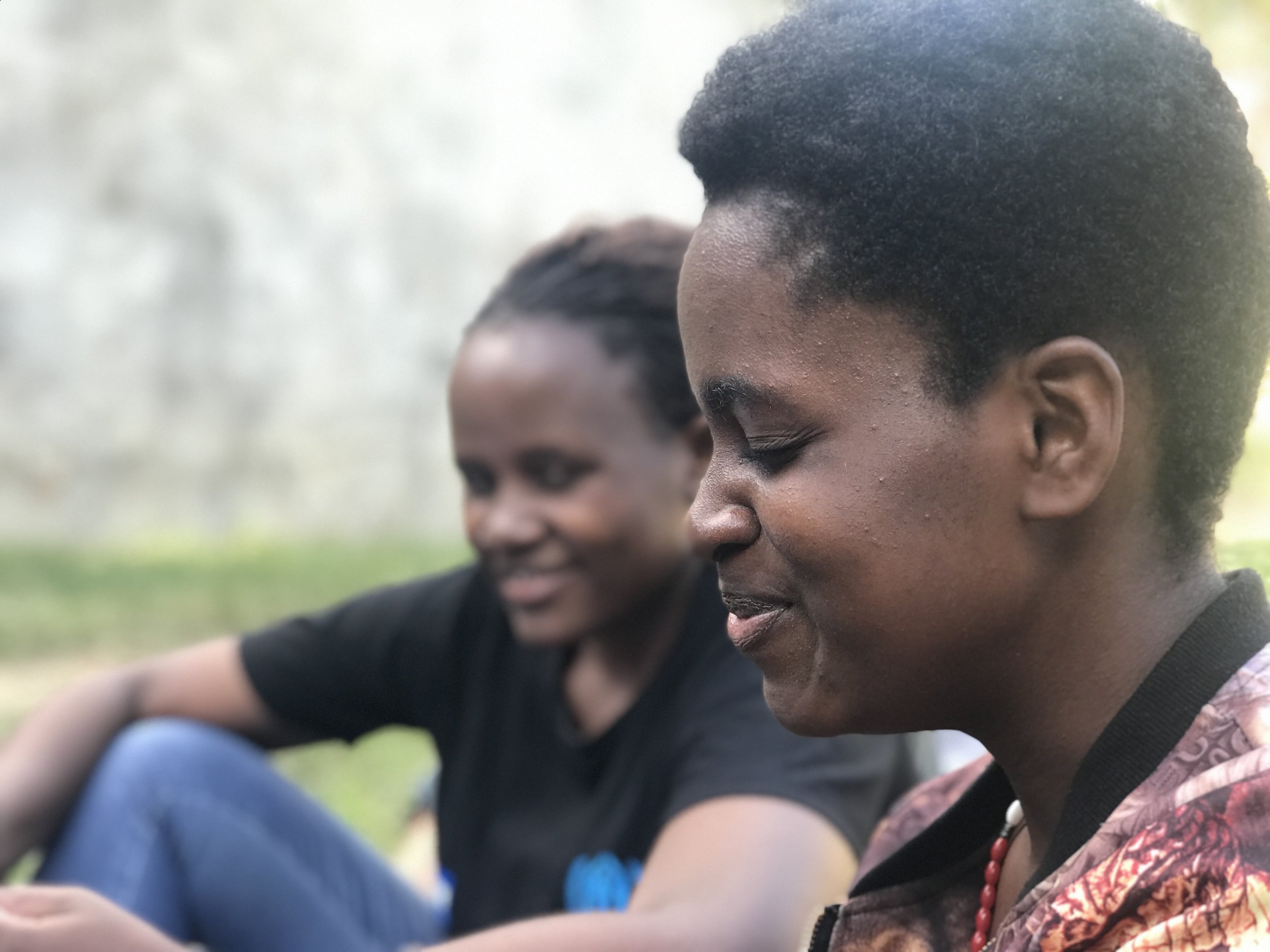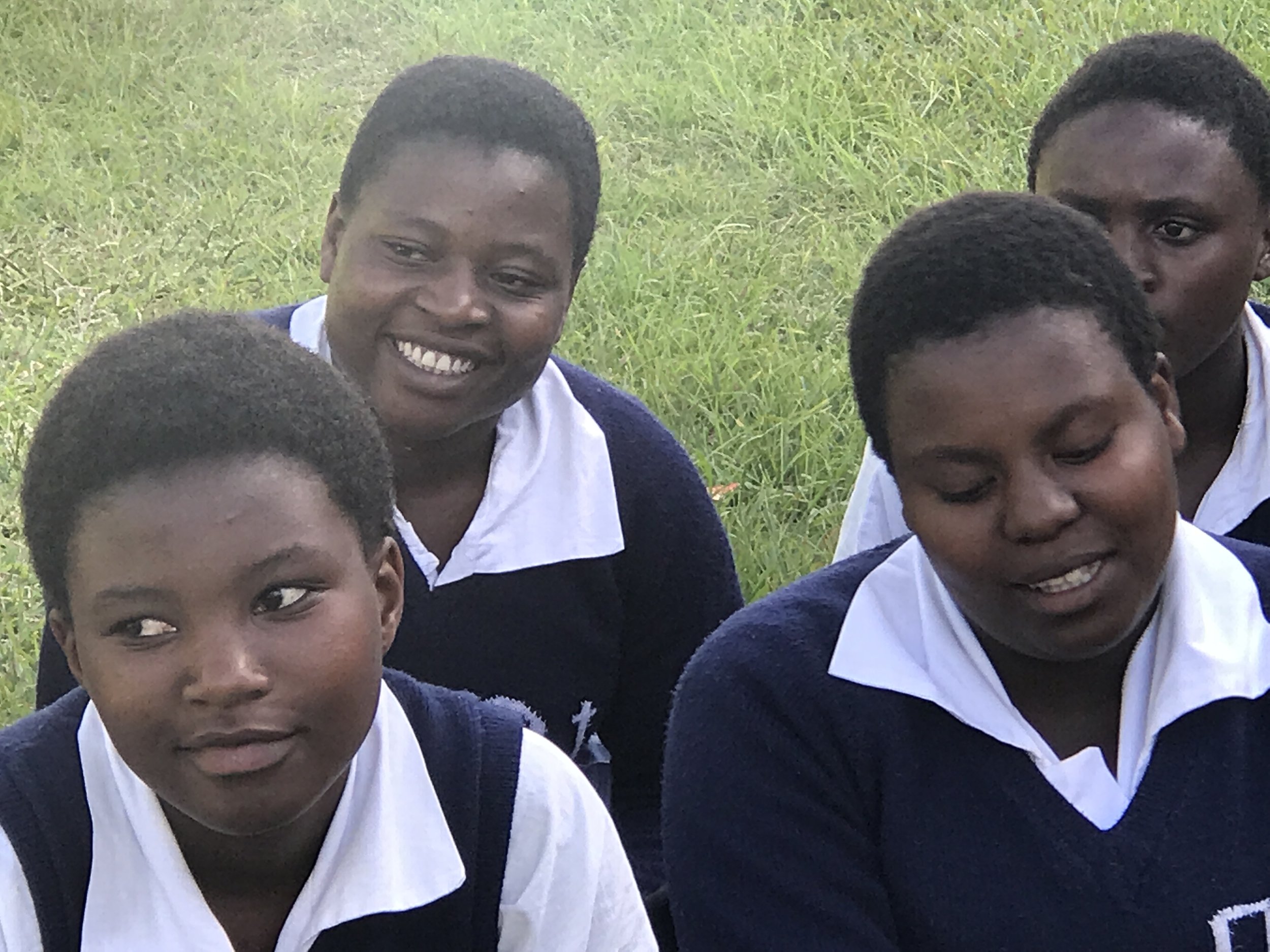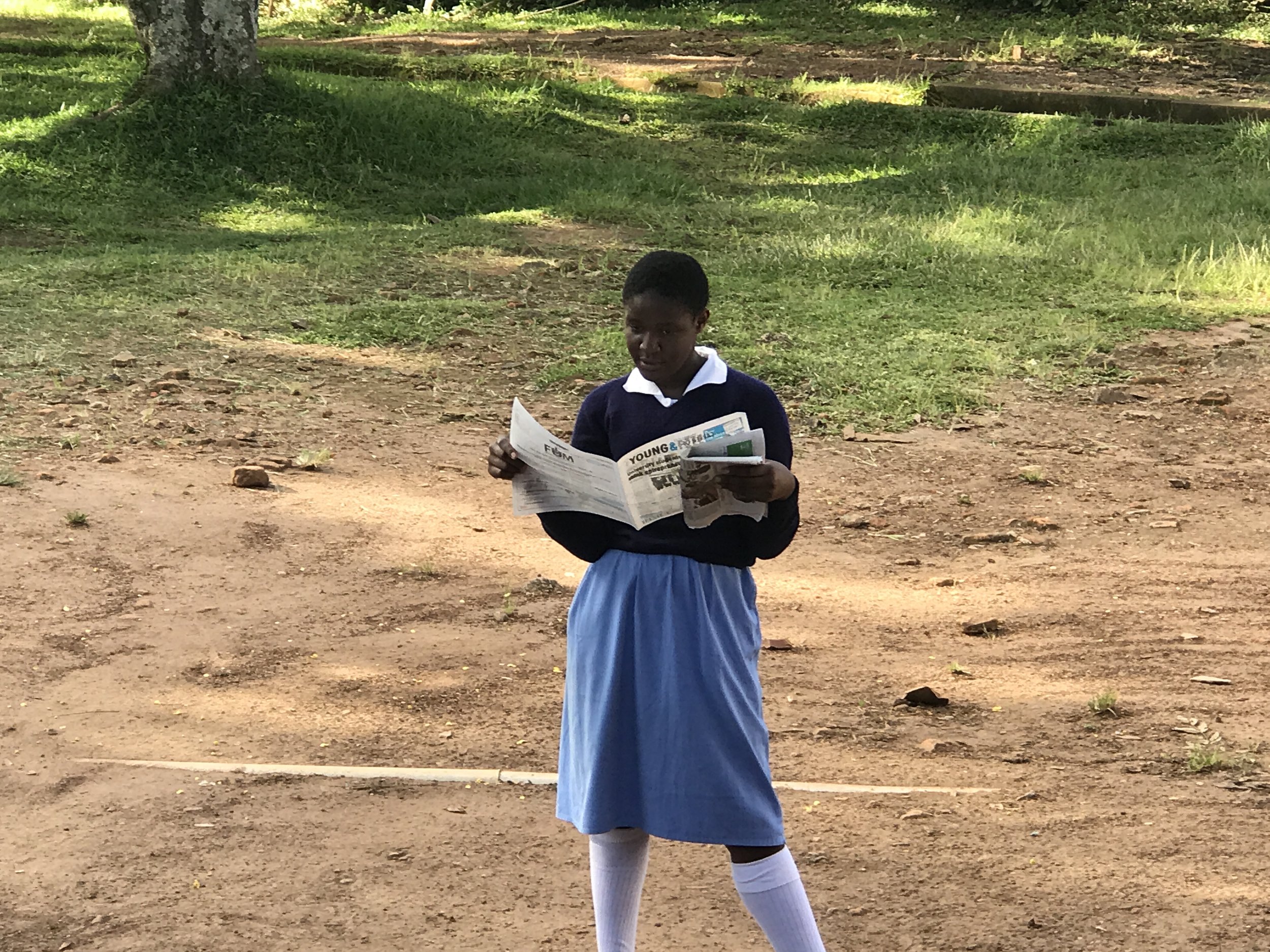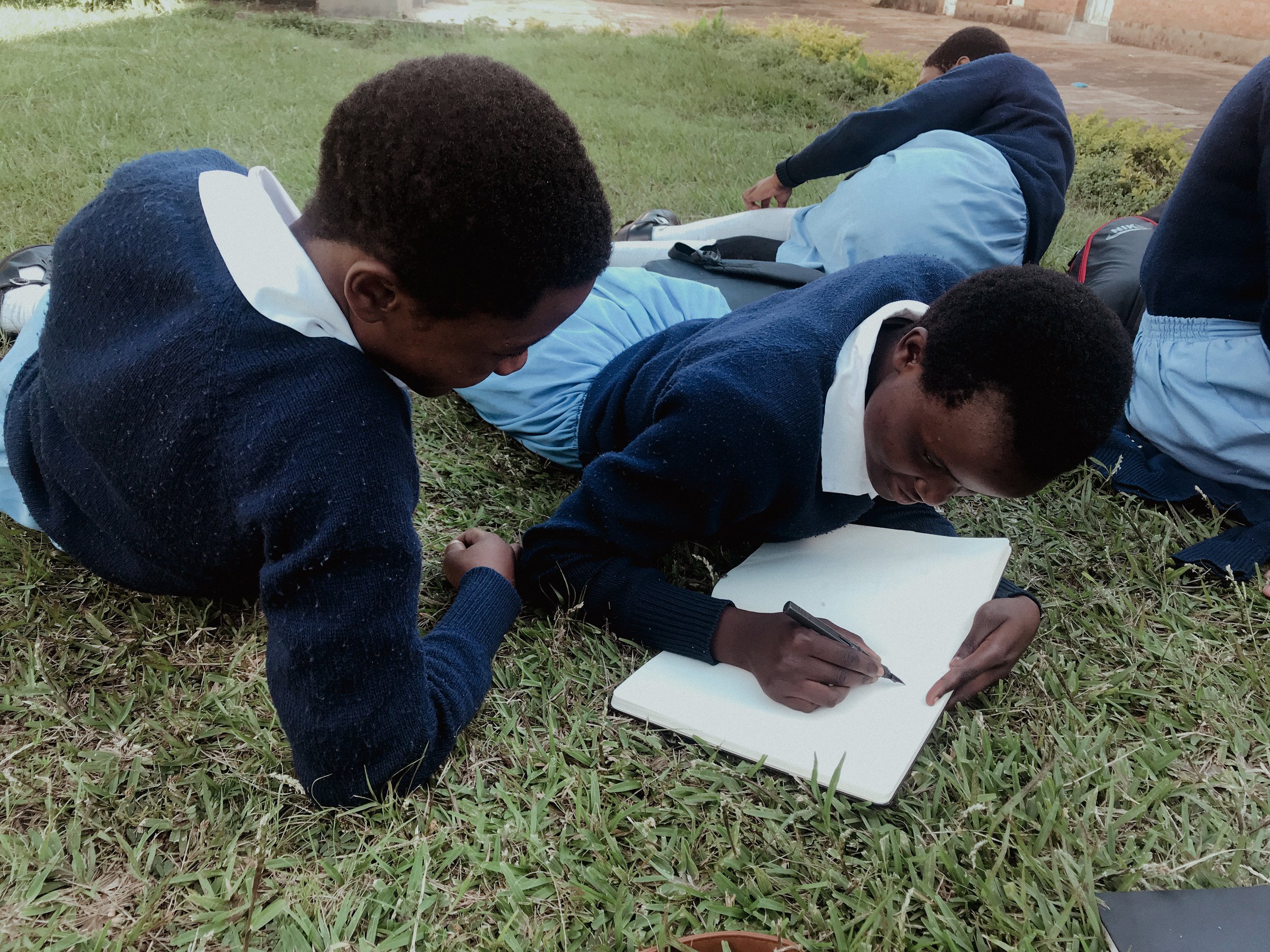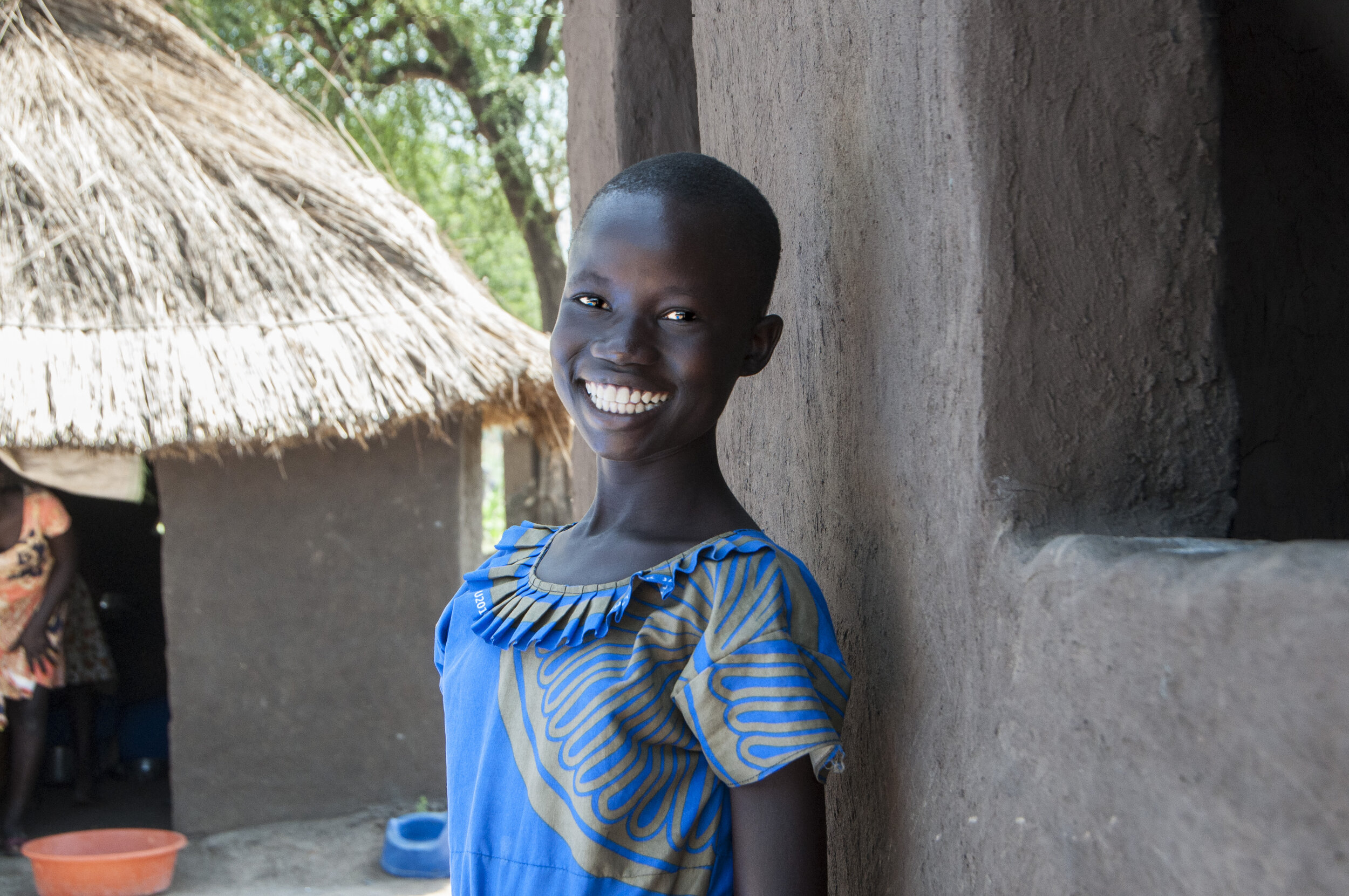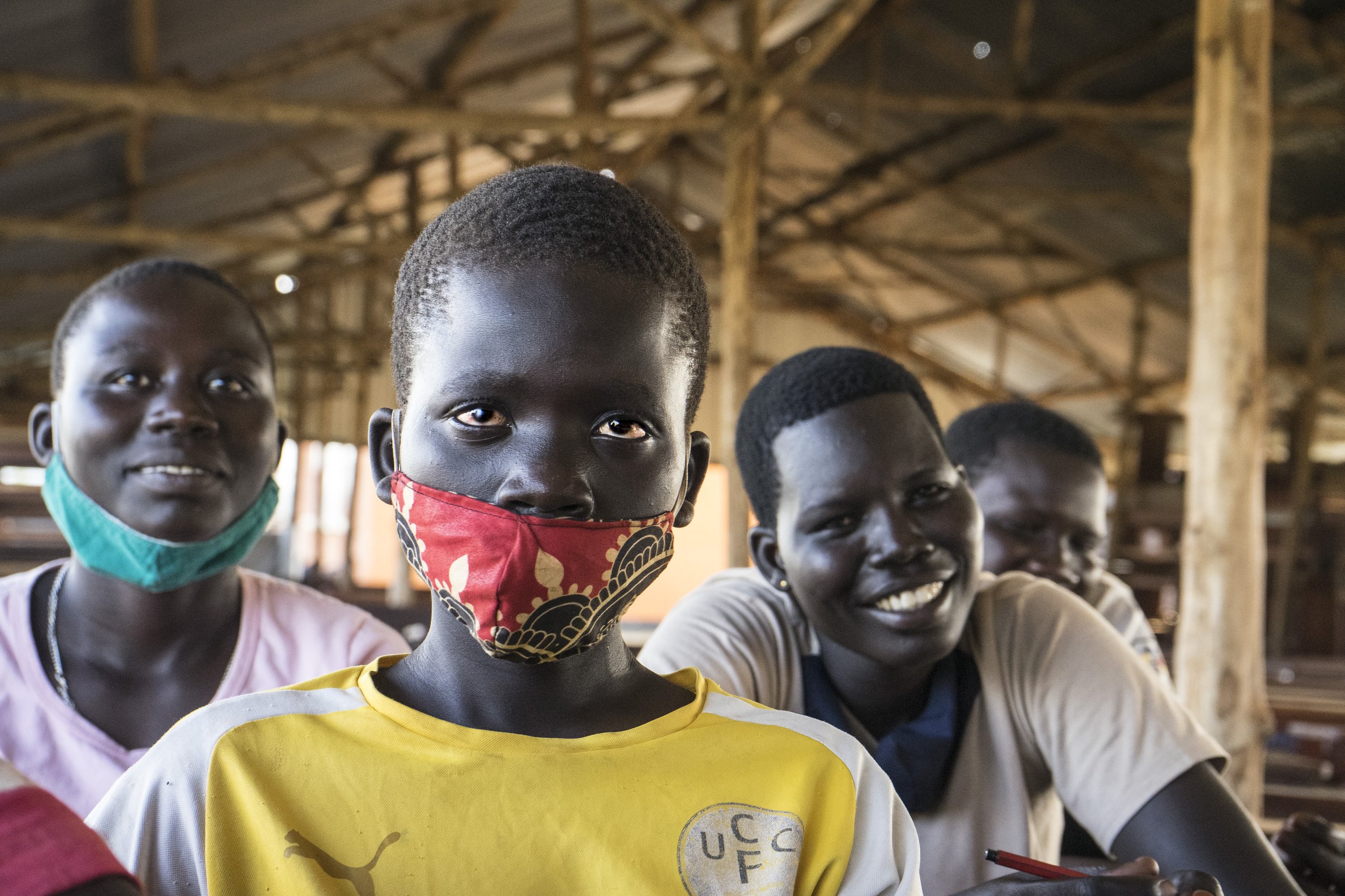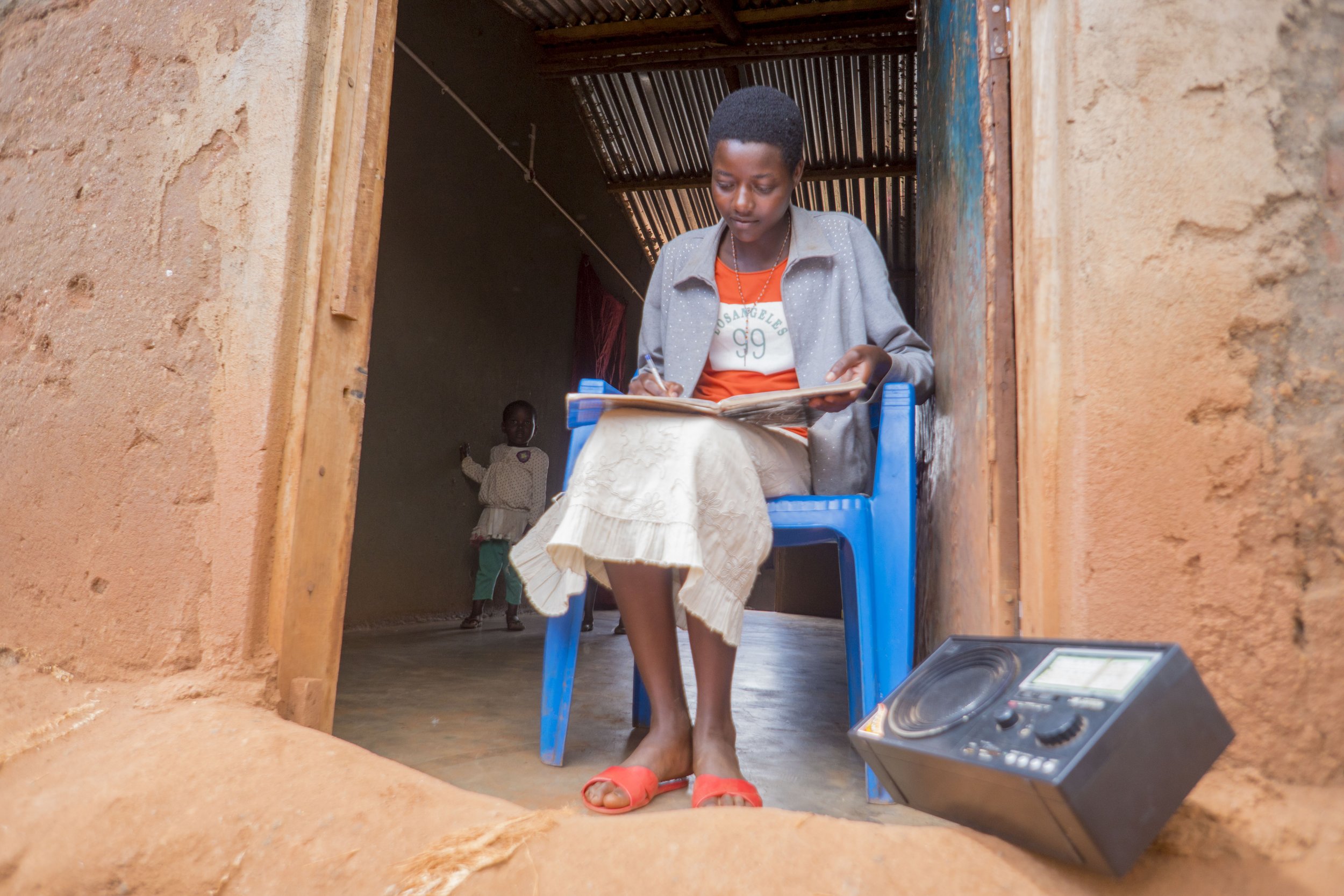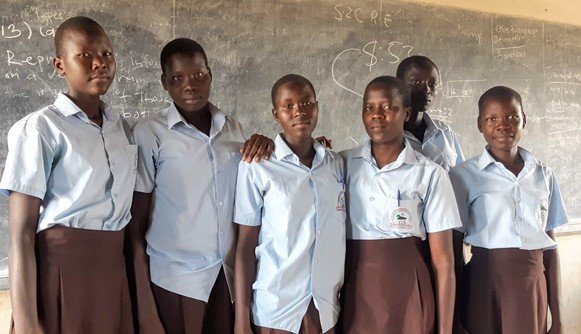Naweza – Educating and Empowering Girls
How it all started
Despite providing education and support in refugee camps for many years, the CEO of the Fidel Götz Foundation realized 2017 that too often young refugee girls fall through the cracks. The gaps and needs impacting access and quality of girls’ education in refugee camps are complex and many.
The following problems are inextricably bound, and require multiple, and simultaneous interventions:
Girls dropping out of school because of economic pressures, due to widespread poverty
Lack of space
Early marriage and pregnancy
Girl Security
Lack of role models
Lack of incentive and future opportunities
Access due to menstrual equity
Very low number of girls complete primary school and earn a primary school certificate. Large drop-off in enrolment (esp. female) in upper primary (standards 7 and 8) due to unresponsive instruction, language barriers, economic/cultural factors
Naweza means “I can” in Swahili, one of the majority languages spoken in the Dzaleka Refugee camp, Malawi. This name was proposed by Mireille Twayigirs, Rwandese refugee, former Dzaleka resident turned medical doctor.
What do we intend to achieve?
This project will empower refugee girls, increase their access and improve the quality of their education, security and overall well-being.
The approach will lead to a coordinated and strategic process of increasing the number of girls in education. This will increase the overall empowerment of girls and women, lead to opportunities for girls and women and promote a culture of openness to changing gender roles within society, camp environment or otherwise. Further, it will spillover to other areas and have far-reaching impacts beyond Malawi and Uganda.
Within the camps, we will raise awareness about the utmost importance of girls’ education and will lead to a long-term shift in the role of girls and women in the camps and its host countries. The hope is that the more girls who are successful the more the host countries will want to embrace them and lift them up as role models.
This will not only have an impact on how women are perceived, but also refugees as a wider group. This is of particular importance given the current encampment policy. The potential to lead to long-term policy change (e.g. relaxing of encampment policy, opening of labour market, and citizenship laws) should not be underestimated.
The overall objectives are:
To create a more secure and empowering environment for girls in the refugee camps
To improve overall access to and quality of girls’ education
To create educational pathways for girls in the camps, beyond the camps, for
secondary and higher education through scholarships
To elevate the status of girls and women within Africa
“I come from a poor family of 5 children. I am the second born. My parents are peasants who could not afford to take me to school. I want to become a teacher in the future so that I also educate the children. I am now in Senior 1. I give thanks to JRSfor supporting girl child education in Adjumani and Uganda. God bless you for supporting us!”
